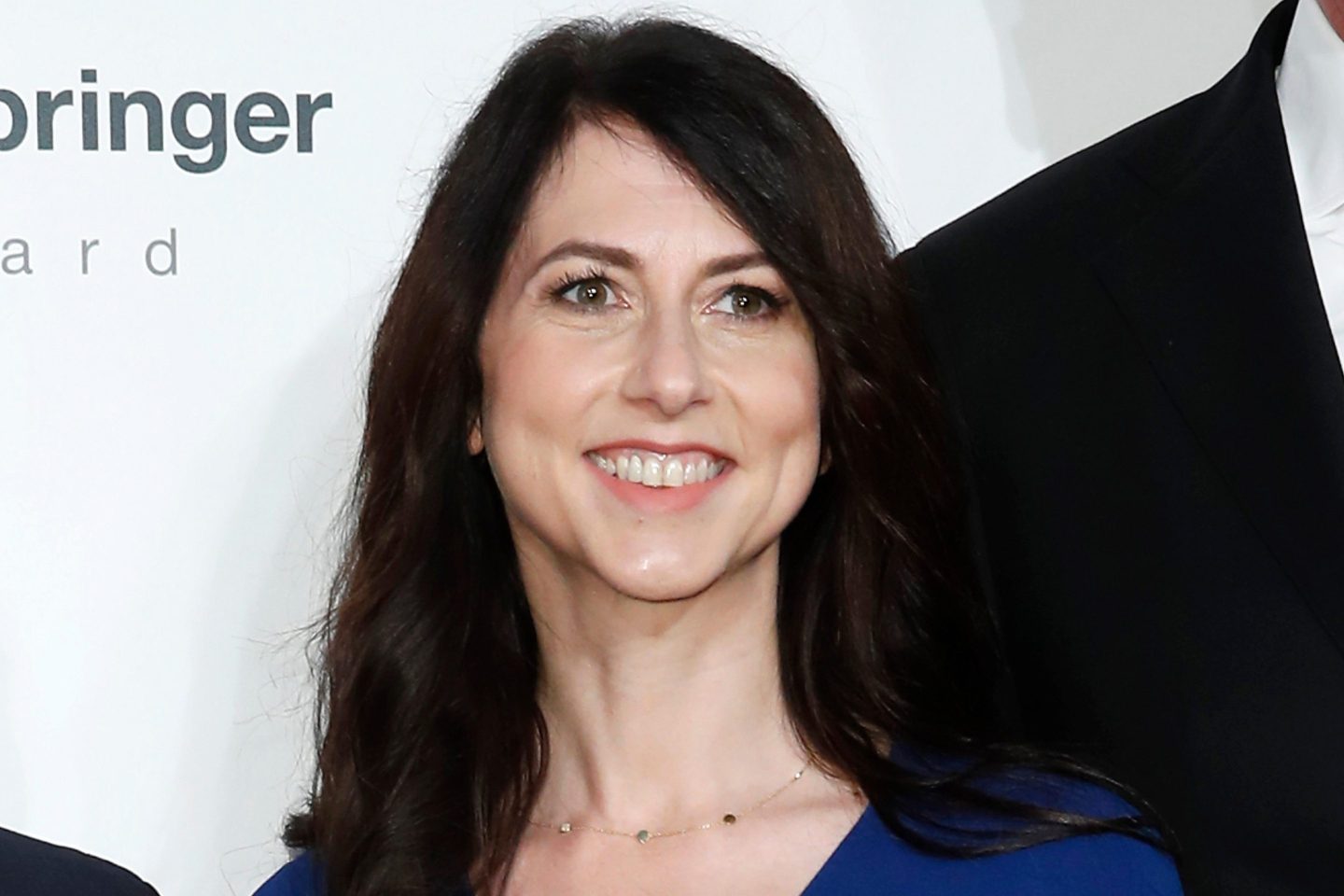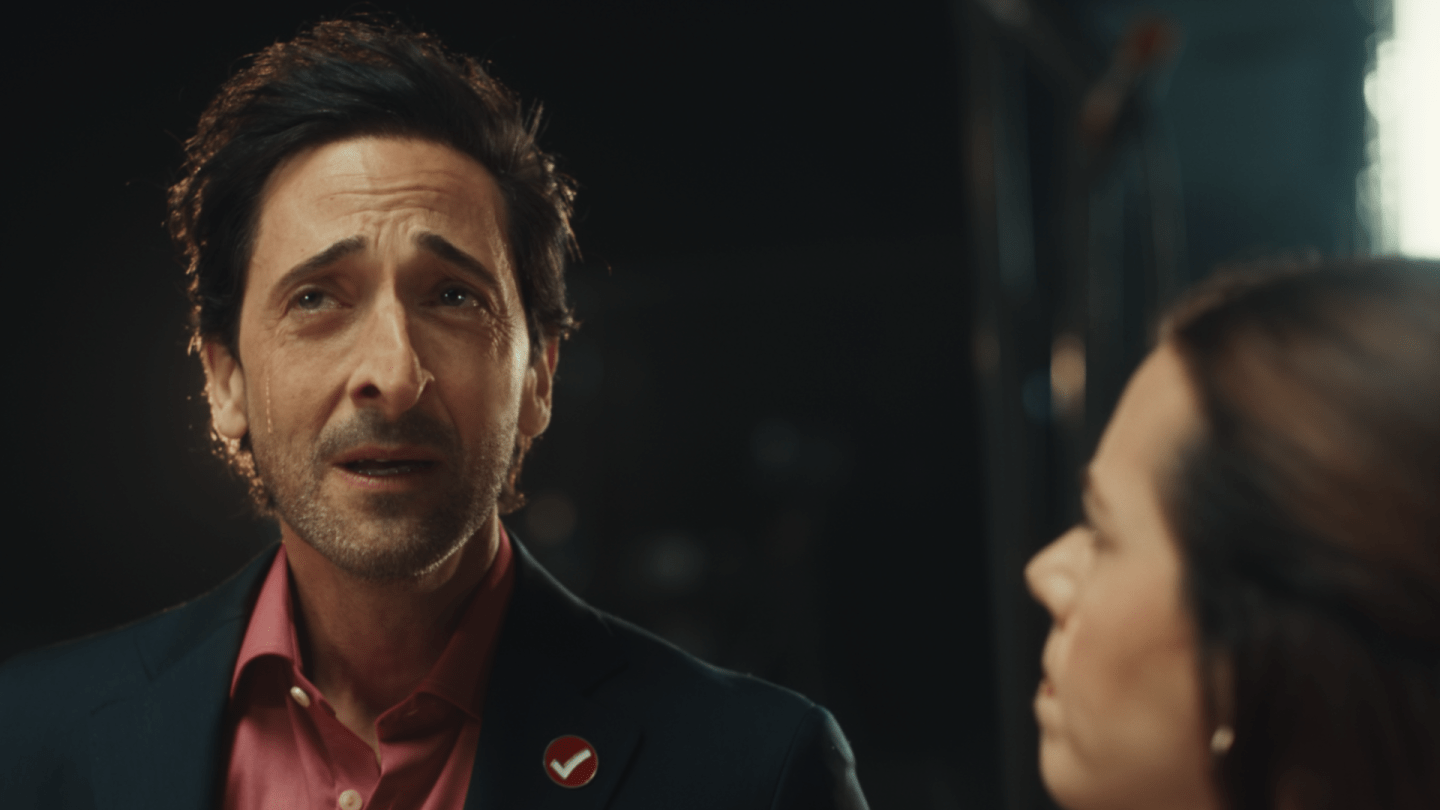Veteran Morgan Stanley banker Alok Sama thought he had seen it all. Then he found himself chief dealmaker at the most influential technology investor in the world—SoftBank, the backer of Arm Holdings, Yahoo, Nvidia, TikTok, Uber, T-Mobile, Alibaba, and WeWork.
The Money Trap is Sama’s personal odyssey alongside Softbank’s iconic founder Masayoshi Son, the maverick who wanted to be remembered as “the crazy guy who bet on the future.”
The following excerpt describes Sama’s first meeting with Son. Nikesh Arora, formerly Google’s chief business officer, had just joined as Softbank’s president and wanted Sama to come in as his apprentice. Alibaba had just gone public, and SoftBank’s $20 million investment is now worth over $50 billion. Son is riding high, and Sama has just arrived from London on British Airways flight 007, “apropos for a man on a mission.”

“So, I have heard you are a smart guy,” said Masa, inviting me to take a seat across from him.
It was a half statement, half question, the implication being I had a point to prove. I had one hour, over lunch, to establish my credentials as a “smart guy” to a man widely regarded as a genius.
Masa’s private dining room overlooked the scenic Hamarikyu Gardens, with Tokyo Bay beyond. Water and greenery below, blue sky above, a pleasing combination. Much of the space was given to an exquisite traditional Japanese garden, an adjacent open pavilion displaying Masa’s priceless calligraphy collection. The dining table was a traditional horigatsu, low to the ground with recessed floor beneath, a concession to gaijin uncomfortable sitting cross-legged.
Masa wore a maroon cashmere sweater under a brown woolen blazer, despite the temperature set suffocatingly high. I was in full executive battle attire, including the risible pomposity of a well-worn monogrammed shirt with French cuffs. I requested Masa’s permission to remove my suit jacket.
Masa’s valet Kato-san glided into the room, attired assassin-like in black suit, white shirt and skinny black tie, and offered a pour from an open bottle of Riesling. In impeccable English, he asked if I’d prefer red wine instead, displaying an unopened red Burgundy bottle. I did a double take when I saw the label—La Tâche. At over $5,000 a bottle, out of reach for even the most inflated expense accounts. Tempting, but I followed Masa’s lead and accepted a small pour of the exquisite dry Riesling.
Kato-san shimmered out, his entry and exit an impeccably executed stealth operation.
“Son-san, how did you think about the internet in the early days, and what would you have done differently?” I asked, trying to get him talking.
“Well, the internet business model for me was all about platforms with theoretically infinite reach at zero variable cost,” Masa responded.
This struck me as a succinct description of the disruptive power of the internet. The most successful technology businesses are “platforms” requiring minimal capital investment, with strong “network effects” and a “winner take most” dynamic.
“I saw this very early, and I knew we had to invest so aggressively,” he continued. “My only regret is I should have invested even more.”
Hmmm. This is like Icarus wishing he’d flown closer to the sun!
At its peak, SoftBank was valued at $200 billion, briefly making Masa the richest person in the world. But then the bubble burst, and Masa’s net worth declined by a precipitous 95%, making a different type of history and earning him a citation in the Guinness Book of World records. For losing the most money ever —an evisceration of $75 billion of paper wealth. Any normal person would be tormented by not cashing out, but for Masa “normal” was the cruelest insult.
“I wanted to invest in Amazon before the IPO,” he said. “I met with Bezos, and we almost agreed a deal, to invest $100 million at a $300 million valuation. But my team told me we didn’t have the money,” he said, wistfully. “Can you imagine? We could have owned maybe 20% of Amazon!”
I shook my head gently, appropriately awed. Twenty-five percent of Amazon would be worth over $360 billion in 2024.
“Son-san, you lost almost everything in the crash. How did that feel?” I continued.
He laughed again, leaning back and throwing up his hands. “You know, when I became the richest man, I worried all the time about how to spend my money. And then the market solved my problem. Nothing to worry about, all gone!”
“But Masa,” I said, “you still had your last billion!”
We both laughed out loud.
“Yes, yes I know, Alok. But I never worry about money, maybe also why people think I’m crazy. As a child I had nothing and I was so happy, if I lose everything I am still happy.”
He paused.
“My goal is happiness for everyone. Nobody should be sad. I want technology to make people happy.”
SoftBank’s stake in Yahoo! was worth over $30 billion at its peak in 2000. A series of management blunders, including a missed opportunity to buy Google for $1 million in 2001, decimated the value of what was once the most valuable virtual real estate. SoftBank eventually sold its stake at a fraction of the peak valuation. Now, SoftBank’s concentrated Alibaba position raised similar concerns.
“Masa, are you considering selling Alibaba shares?” I asked.
His disarming smile disappeared.
“I will never sell Alibaba,” he said. “You know, they have 80% market share, and growing 25% annually. It is a fantastic company, fantastic. Anyone who thinks I should sell is stupid, they don’t understand.”
Had Masa fallen forever in love with the young Alibaba? If so, like every other technology company, Alibaba would not remain Alibaba forever. Had he felt the same way about Yahoo! in 2000?
The 2006 takeover of Vodafone Japan rarely gets a mention in Masa’s hit parade, but tops anything is his repertoire. People assume Masa’s comeback after the 2001 market implosion was all about Alibaba. While insanely successful, Alibaba was a modest $20 million punt at a time when Masa was in Bill Gates’ wealth post code. The Vodafone Japan deal, on the other hand, was executed at a time when SoftBank was tottering, required extraordinary chutzpah, flawless execution and a ton of cash.
I asked Masa if he was familiar with golfer Vijay Singh. I once asked Vijay about the pressure of going head-to-head against Tiger—as Vijay often did and won.
“Alok, pressure is trying to make a living playing tourists for $100 a hole with $20 in my pocket,” said Vijay, laughing, referring to his days as a driving range pro in his native Fiji.
“Masa,” I said, “your Vodafone deal was like that. Betting $100 with $20 in your pocket!”
Masa’s piercing black eyes lit up, and with a smile now extending all the way to his ears, his eyes crinkled as he wagged a finger at me.
“You are so right!” he said. “That was crazy, but you have to be crazy to win. You know who win in a fight between a crazy guy and a smart guy? The crazy guy always win!”
Masa then told me his favourite Steve Jobs story. In 2005—before the launch of the first iPhone—Masa made a crude sketch of a handheld device and took it to Jobs, demanding exclusive Japanese distribution rights for Apple’s future “smartphone.” A bemused Steve dismissed the drawing as ugly. Besides, SoftBank didn’t own a phone company. But Masa persisted, and Steve eventually relented. “You’re a crazy guy, but I like you,” said Steve, giving Masa an exclusive if and when he owned a phone company and Apple had a product.
“Everybody thought I was crazy. Vodafone thought I was so crazy, they even lent me money to buy the company from them,” Masa continued, laughing.
On the strength of the Jobs handshake, Masa wagered $15.4 billion—more than four times the value of SoftBank—on Vodafone Japan, using 90% leverage to buy a company bleeding subscribers and cash. Jobs kept his word, smartphones changed the world, and SoftBank engineered one of the great turnarounds in the history of the investment business, its initial equity investment of circa $2 billion worth almost $42 billion when the company went public in 2019.
In closing, I summarized the takeaways from my meetings in New York, and laid out my thoughts on how Masa might engineer a sequence of deals to create a profitable business for SoftBank in the burgeoning Mexican telecommunications market.
His face lit up, the eyes crinkled, the smile reached its widest, and the finger wagged at me again.
“You are so smart, Alok, so smart!”
Mission accomplished. Not because I said anything insightful or original, but perhaps I made Masa feel I understood his brand of genius? And I made him laugh.
Masa’s assistant Suki-san entered, sporting her trademark brightly colored designer spectacles, her mission to deliver a suspiciously blank yellow Post-it note. Evidently a pre-arranged cue that the meeting needed to end.
“I hope you will join our family,” said Masa, as we rose.
I had steered clear of discussion about titles or compensation; I wanted to get the measure of the man. I liked what I saw. He was charming and funny and interesting, but there was more. While seemingly obsessed with grandiose visions of happiness for humanity, he connected with me at a very human level.
“I know I can help you achieve your vision Son-san. I hope you will give me the opportunity,” I responded.
Masa personally escorted me to the elevator bank. I turned my back to him and entered the elevator, and once inside pivoted toward him with a casual wave. Embarrassingly, he was bowing in the formal Japanese fashion, hands on his thighs. I tried to switch gears and bow, but it was too late. The elevator doors were drawing shut.
From The Money Trap: Lost Illusions Inside the Tech Bubble by Alok Sama. Copyright © 2024 by the author and reprinted by permission of St. Martin’s Publishing Group.












